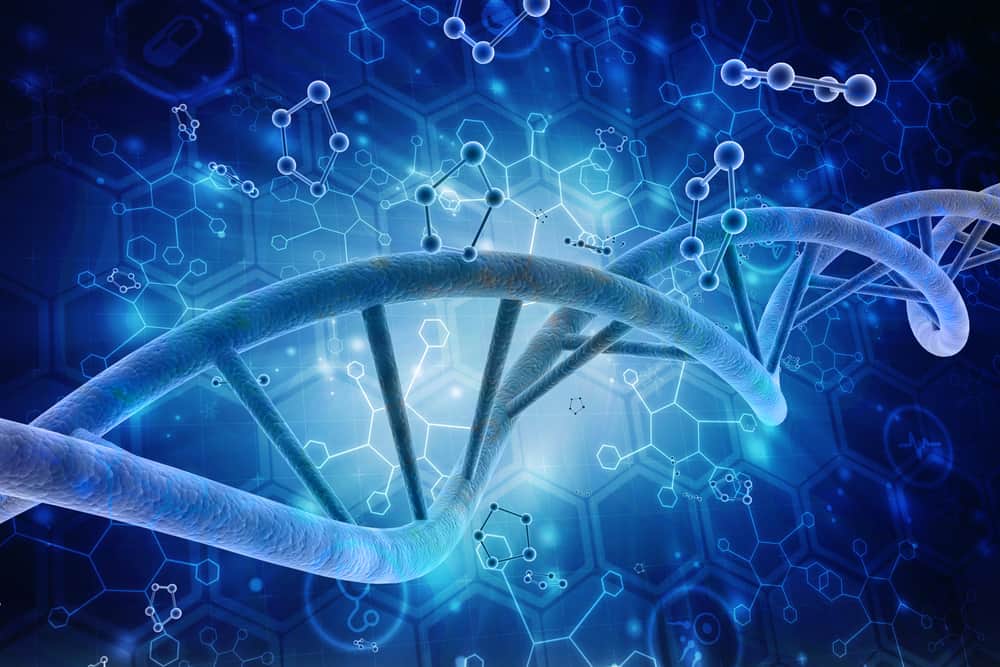Contents:
- Medical Video: Living with early stage kidney disease
- Keep calcium and phosphorus in balance
- Reduces high homocysteine levels
- Stop smoking if your child is a smoker
- Control emotions
- Does child dialysis have tests for heart and blood vessel disease?
Medical Video: Living with early stage kidney disease
Children with chronic kidney disease often contract anemia, aka low red blood cell counts. This makes your child feel tired and can cause heart problems called left ventricular hypertrophy. This is a thickening of the muscles on the left side of the heart. Anemia can be treated with a hormone called erythropoietin (EPO) and additional iron. Treating anemia helps to keep your children's heart healthy.
Keep calcium and phosphorus in balance
This important mineral becomes unbalanced when your children have chronic kidney disease. As a result, bones lose calcium and become weaker over time. Some calcium may end up in a part of your body that is not supposed to be in your child, such as the heart and blood vessels. This makes your child's blood vessels stiff and narrow. When this happens, your child is at risk of having a heart attack or stroke. What they need to do:
- Follow a diet that is low in phosphorus stay away from cola drinks, dairy foods, dried beans and peas and nuts and seeds. Discuss this diet with a nutritionist.
- Use a drug called phosphate binder. This helps to keep your child's blood phosphorus level within healthy reach.
- Take the active form of vitamin D if your doctor recommends it for your child.
- Talk to your pediatrician about using aspirin to prevent a heart attack
Your doctor may ask your children to use aspirin to help prevent a heart attack. Sometimes aspirin can cause bleeding problems. Ask your pediatrician what signs and symptoms to check for bleeding problems caused by aspirin.
Reduces high homocysteine levels
Homocysteine is an amino acid that is made in your child's body. High levels of homocysteine in your child's blood are associated with an increased risk of heart and blood vessel problems. Getting enough folic acid, vitamin B6 and vitamin B12 helps keep homocysteine levels within the normal range. Ask your pediatrician to tell the name of the vitamin that contains the right amount of folic acid, vitamin B6 and vitamin B12 for people with kidney disease.
Stop smoking if your child is a smoker
If your child is a smoker, ask your pediatrician about a program to help your child stop smoking. Smoking makes your child at risk of developing heart and blood vessel disease.
Control emotions
Sometimes, dialysis patients may feel depressed, angry or upset. This feeling can make it difficult for your child to follow a treatment plan, improve health and return to your child's normal routine. They can also increase the risk of heart disease or make it worse. It's important to get treatment if your child has this feeling. Talk to your child's social worker or your child's doctor to find out if counseling and / or medication can help.
Does child dialysis have tests for heart and blood vessel disease?
Yes. To check how well your child is working, your child should do:
- An electrocardiogram (EKG) when your child first starts dialysis and then once a year after that.
- Echocardiogram when your children first start dialysis.
- If this test shows a problem, your child may also need:
- Stress echocardiogram (a type of echocardiogram that includes exercise, usually on a treadmill) or nuclear imaging test. This is done to check for blocked arteries.
- Angiogram (X-rays of the heart or artery) to look for parts that are blocked and help arrange treatment plans.












